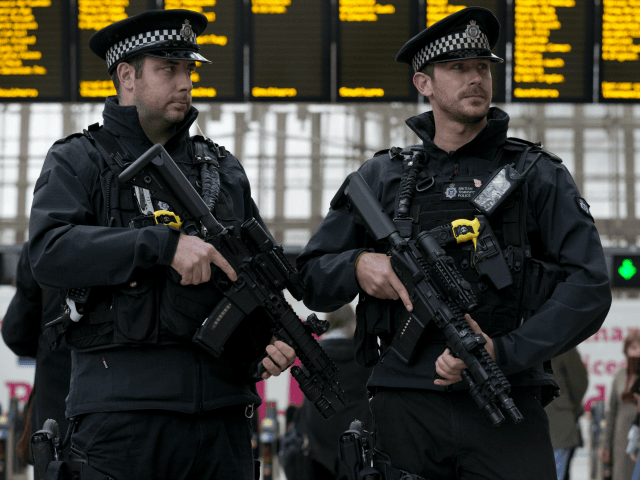The Government is under fresh pressure after the claim that a tool to control returning Islamist fighters has been used just once since it was passed into law in February 2015, with “no more than four or five” more under consideration.
Despite the return of around 350 Islamic State fighters, sources have revealed that temporary exclusion orders (TEOs), which make it unlawful for the subject to come back without engaging with UK authorities, have been used only on one occasion, The Times reports.
TEOs allow the Government to ban jihadis with British passports from coming back to the UK for up to two years, cancelling the travel documents of returning Islamists unless they agree to adhere to conditions such as regularly reporting to police, or enrolling on a deradicalisation course.
Home Secretary Amber Rudd announced the Government’s use of TEOs on the BBC on Sunday, describing them as a part of a “tool kit” to “keep people safe”.
“We have started to use them”, the home secretary told Andrew Marr, but refused to say how many times the powers had been used.
Despite a Government fact sheet published in December 2014 announcing TEOs would provide a “valuable operational capability”, records from the most recent Government report, from February, showed the powers were yet to have ever been enforced at that point.
The claim will add to concerns regarding the ability of UK authorities to monitor and control jihadists who return from fighting with Islamic militants abroad, especially in the wake of the Manchester terror attack in which 22 people were killed.
Suicide bomber Salman Abedi, whose father was reportedly a member of the al Qaeda-linked Libyan Islamic Fighting Group, is thought to have returned from Libya just days before carrying out the attack.
Breitbart London reported Sunday a survey found a majority of Britons agree UK passport holders who travel to Syria and other conflict zones to fight with jihadist groups should be barred from returning.
Fifty-five per cent of respondents said individuals should be “blocked from re-entering” the UK if they are known to have “travelled to fight in Syria, Libya or other warzones and then seek to return to Britain”.
A further 22 per cent thought British foreign fighters should “be allowed to re-enter Britain, but be monitored by the security services and have restrictions placed on their freedom”. Only three per cent thought they should be “allowed to enter without any special restrictions”.

COMMENTS
Please let us know if you're having issues with commenting.